(3 min) Imposter Syndrome Lies and the Affirmations That Shut Them Down

Imposter syndrome is one sneaky little gremlin. You can be sitting in a meeting, giving brilliant ideas, and suddenly that voice in your head whispers, “You don’t belong here. They’re going to find out.” Or maybe you hit a big milestone, and instead of celebrating, you decide it was luck, not skill.
Sound familiar? Same.
And especially if you’re neurodivergent, imposter syndrome tends to hit like a freight train.
- ADHD brains? Constantly told we’re lazy or careless.
- Autistic brains? Criticized for being “too much” or “not enough.”
- Anxious brains? Always overanalyzing.
The result: an ongoing internal monologue that questions whether you’re good enough, even when your track record proves you are.
The good news is we can hack this. Affirmations are one of the simplest tools to rewire the stories we tell ourselves. No toxic positivity, no pretending everything is perfect—just real, grounded reminders that we belong, we’ve worked hard, and our contributions matter.
Here are some affirmations that hit back hard against the lies of imposter syndrome, plus the context for why they work.
1. I am capable, competent, and worthy of success.
The brain loves to twist success into “yeah, but…” This affirmation interrupts that thought spiral. Your abilities didn’t appear by accident. You’ve built them over time, and success is a valid outcome of competence.
2. My achievements are real and deserved.
Raise your hand if you’ve ever written off your wins as “just luck.” Spoiler: luck didn’t finish that degree, land that client, or get you through that deadline. You did. This statement reminds you that results come from effort.
3. I embrace growth and learning without fear.
Imposter syndrome thrives on perfectionism. It tells you, “If you don’t know everything, you don’t belong.” This affirmation flips the script. Growth and learning prove you’re invested, not failing.
4. I do not need to be perfect to be valuable.
Perfection is exhausting, unrealistic, and unnecessary. Your value is not conditional on flawless execution. Read that again.
5. I belong in the spaces I step into.
When you walk into a room, the gremlin might tell you everyone else is more qualified. Nope. You earned that seat. This affirmation reinforces that belonging is not something you need permission for.
6. My voice matters, and my contributions are important.
Ever stayed silent in a meeting because you worried about sounding dumb? Same. But your ideas bring value. If you’re in the room, your voice has weight.
7. I trust in my abilities and experience.
Self-doubt can erase years of evidence that you know what you’re doing. This statement forces you to trust the receipts you’ve already collected.
8. I am allowed to celebrate my accomplishments.
This one matters. So many of us downplay wins because we don’t want to seem arrogant. Celebrating is not arrogance. It’s acknowledgment.
9. I release the need for external validation.
You don’t need a gold star to prove you’re doing enough. External praise is nice, but it isn’t the source of your worth.
10. Mistakes do not define me; they help me grow.
Imposter syndrome tells you that one slip-up means you’re a fraud. Actually, mistakes are data. They show what works and what doesn’t.
11. I am qualified and prepared for my challenges.
When the next big project drops on your desk, repeat this. You are ready. You have what you need.
12. Success is not luck; it is the result of my effort.
Luck can play a role, sure. But effort is what keeps you moving forward day after day. That’s yours, not random chance.
13. I do not have to compare myself to others.
Comparison is the quickest way to spiral. Their path isn’t your path. Your brain, your strengths, your timing—it’s all different.
14. I am enough, just as I am.
This one’s simple. No overthinking, no qualifiers. Enough. Full stop.
15. I have worked hard to be where I am today.
Your story is built on resilience and effort, not shortcuts. Give yourself credit for that.
16. My brain works differently, and that is a powerful asset.
Neurodivergence is not a liability. Different perspectives create innovation, creativity, and problem-solving others can’t see.
17. It’s okay to not know everything; I am here to learn and grow.
Experts don’t know everything either. Learning is a sign of curiosity, not incompetence.
18. I am capable of achieving my goals on my own terms.
Your goals don’t need to look like anyone else’s. You set the pace, you set the standards.
19. I do not have to be like everyone else to be successful or effective.
Uniformity is overrated. Your difference is not a weakness; it’s your edge.
20. My way of thinking is valuable and brings unique perspectives.
Your brain adds something new to the conversation. That’s not something to shrink away from, it’s something to own.
Imposter syndrome isn’t about facts, it’s about feelings. You can have every qualification in the world and still feel unworthy. These affirmations don’t erase the doubt overnight, but they create new pathways for your brain to follow.
Here’s your challenge: pick three affirmations that hit hardest for you. Write them down. Say them daily. And when imposter syndrome whispers its nonsense, answer back with truth.
Because the real fraud? That voice in your head! Trust Me!


